The U.S. budget fight could create an opening for China in the Pacific. According to analysts and former officials, Strategic Pacific island governments may face financing gaps due to a 45-day temporary bill enacted by the U.S. Congress to avoid a government shutdown. This puts the allies of the United governments at risk of economic vulnerability and may make them more sensitive to Chinese efforts.
The Marshall Islands, Palau, and Micronesia had been relatively neglected for a long time. Still, now they are at the center of a power struggle between the United States and China in the Northern Pacific. The Biden administration had anticipated that Congress would approve new 20-year financing packages for these nations by September 30. The expansive but sparsely inhabited countries are linked to the United States by Compacts of Free Association (COFAs) agreements, giving Washington control over its defense and economic support while granting exclusive military access to key maritime areas.
Washington agreed this year to a new package of $7.1 billion over 20 years, subject to Congressional approval, for the financial programs for the Marshall Islands, Micronesia, and Palau, which were all due for renewal by September 30 and by the end of fiscal 2024, respectively.
But while it maintains federal services to the COFA states, the interim “continuing resolution” (C.R.) that avoided a government shutdown does not contain approval for this new program, leaving gaps in other areas of their budgets.
The Marshall Islands, which will hold elections on November 20, and Palau, which will hold elections the next year, will both face significant challenges as a result of the C.R., according to Cleo Paskal, a COFA state specialist at the Foundation for Defense of Democracies think tank.
Both nations, according to her, “recognize Taiwan and are important pillars of American defense architecture in the Pacific.” Watch out for intensified (Chinese) political warfare focusing on the United States as an unreliable ally.
Paskal stated that Palau had been counting on revenues from the new package to offset budget shortfalls since financing under its old COFA had decreased as it entered its last year. Paskal claimed that COVID-19 and Chinese economic meddling intended to pressure Palau to change its diplomatic recognition from U.S.-backed Taiwan to Beijing had already hurt the country’s economy.
The Marshall Islands, which have yet to agree on new conditions with Washington owing to differences over how to deal with the legacy of extensive U.S. nuclear testing there in the 1940s and 1950s, also have not received any new funding thus far.
China is standing by with ready money in the meantime. The U.S. Congress news outlet Roll Call reported last week that Palau’s Finance Minister Kaleb Udui said at an August congressional field hearing that Beijing had been attempting to persuade islanders to reject American plans to construct an early-warning radar by promising to construct a hotel and casino nearby.
Requests for response from the Marshall Islands and Palau embassies in Washington were not immediately fulfilled. The COFAs’ renewal is a top priority for the Biden administration and enjoys strong bipartisan support. However, congressional gridlock is not the only roadblock.
Howard Hills, a senior adviser to the U.S. COFA negotiating team from 2020 until his retirement last month, attributed the delay in the Marshall Islands to lawyers for the U.S. State Department who wanted to control how new funds were spent and objected to them being set aside to address the nuclear legacy out of concern that doing so might expose the U.S. to additional claims.
When contacted for comment, the State Department stated that the United States was “working expeditiously to finalize negotiations” with the Marshall Islands and that at last week’s U.S.-Pacific Islands Forum Summit, substantive discussions “including at the Presidential level” had taken place.



















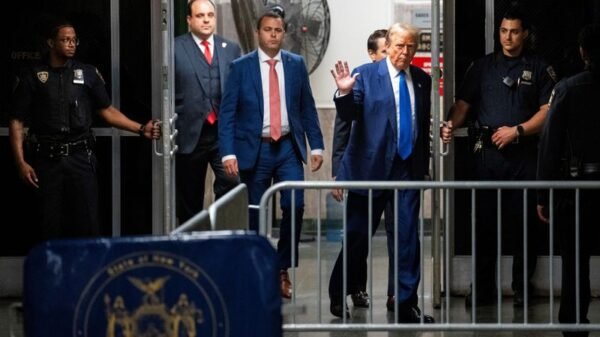
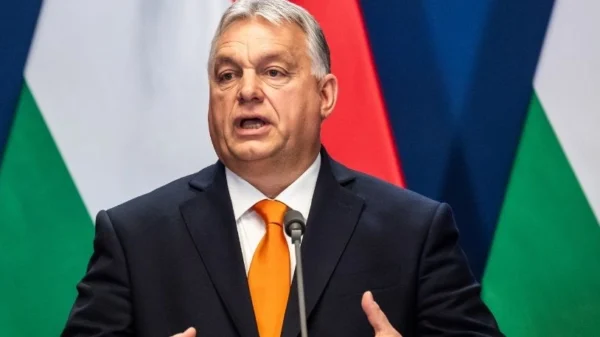




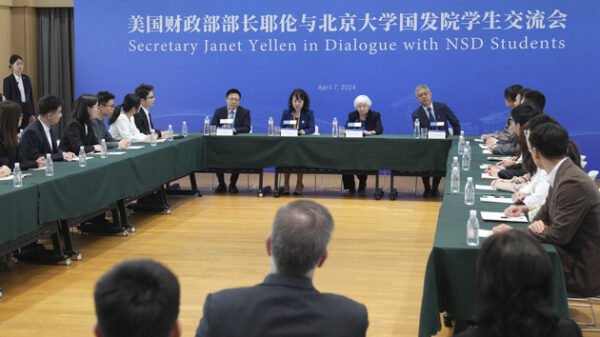
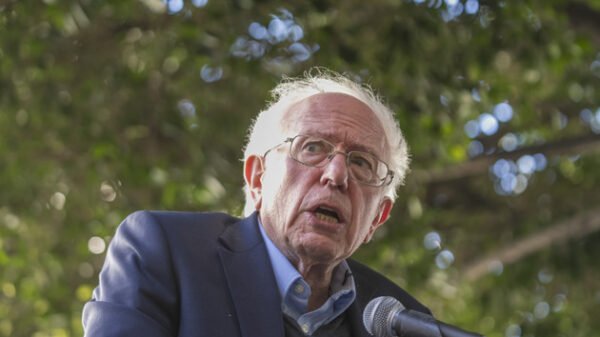

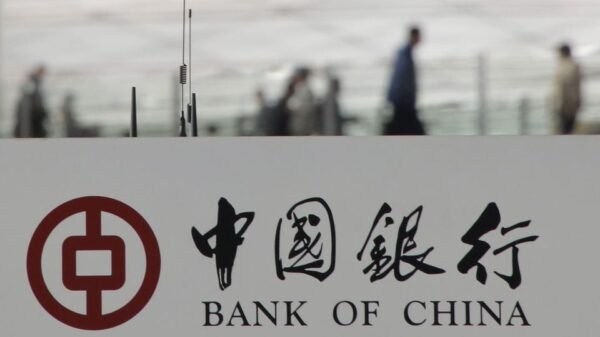


































Comment Template